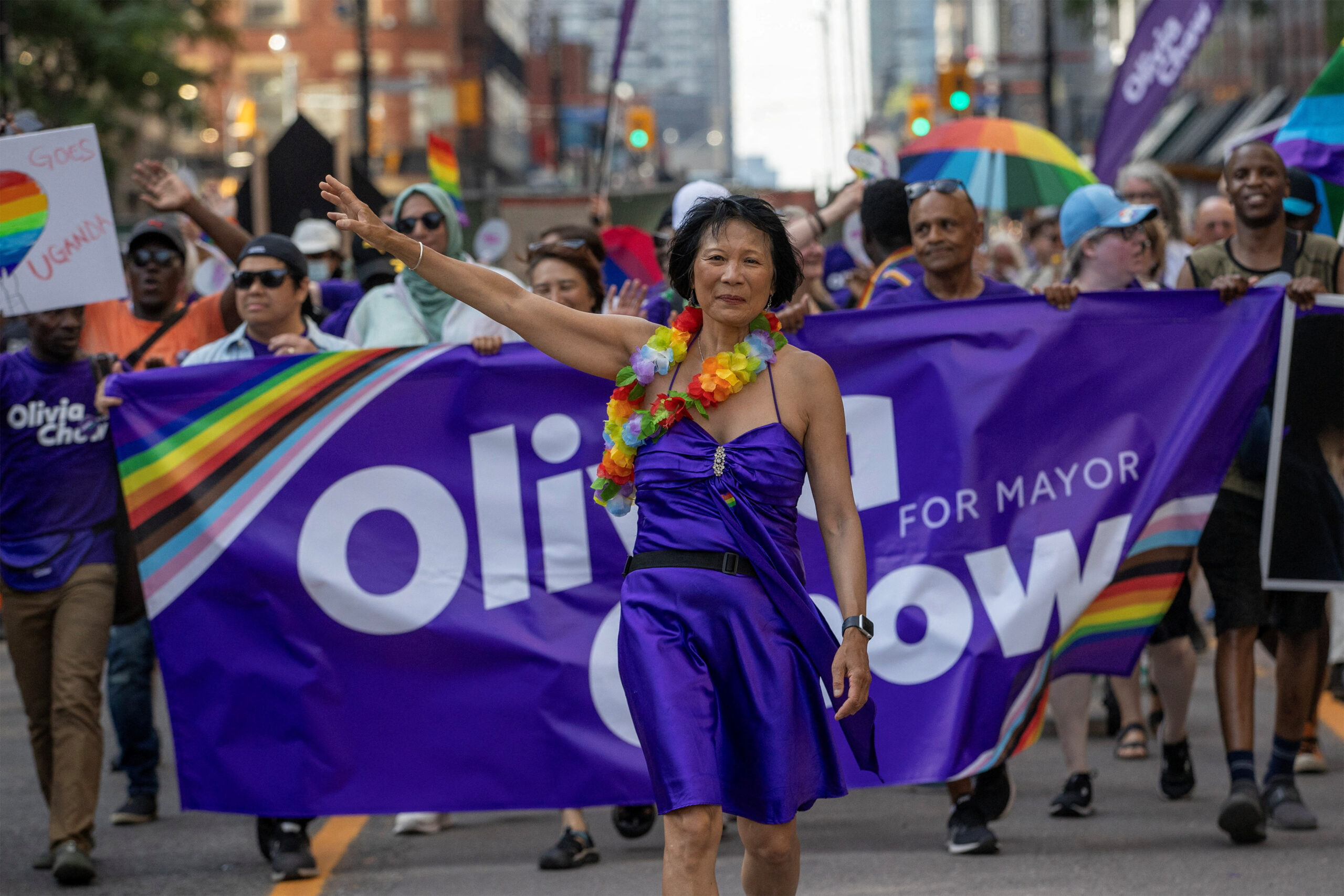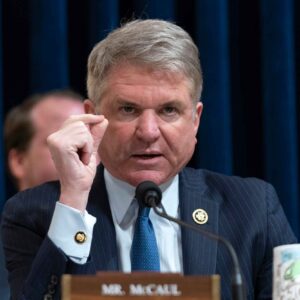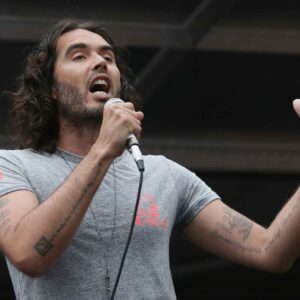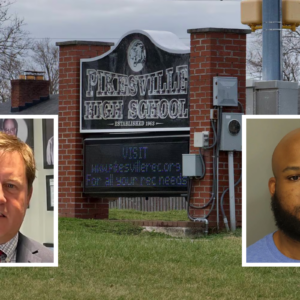Toronto elected the hard-left Olivia Chow Monday, which spells trouble for North America’s safest big city.
The city, surprisingly hasn’t elected a liberal as their mayor since 2006, when David Miller, a member of the New Democratic Party, represented the hard left.
2010 saw the election of Conservative Rob Ford. Remember him? He was the crack smoking mayor who put Trump to shame with his inappropriate quips. Ford weathered the storm mostly, but chose to run for his old council seat instead of re-election for mayor.
Ford left office with a 45% approval rating. That means he was decently, if not spectacularly liked. Not bad for someone who became the laughingstock of Canada. But voters liked Ford’s conservative policies. He slashed budgets, centralized schools, put more police on the streets and lowered taxes. Crime remained at a steady low after a dramatic spike in homicides in the mid 2000’s.
In 2014, Rob Ford’s brother, Doug made a go of the mayoralship. He didn’t win (although he’s now the premier, or governor, of Ontario, the province, Canada’s version of a state, that Toronto lies in), but he did finish ahead of Chow during her first run for mayor. The winner of that election was businessman John Tory. He was the head of Rogers, kind of the Verizon of Canada. He ran as a conservative candidate as well, and in a non-partisan election, multiple people from one party can run.
But then Tory resigned in March because of revelations of a consensual affair with someone working in his office. Many thought it was a bit of a nothing burger. The woman was 37 years his junior, but that really was the only controversial part of the whole affair. He’s leaving office with a 60% approval rating.
Toronto has seen good luck with some of the lowest crime rates in the entire continent, and with homelessness that isn’t exploding, unlike in Vancouver and Montreal.
Mark Saunders appeared to be the early savior. He cut an interesting niche, being the conservative black police chief of the city. He achieved ire from liberal residents when he instituted a “carding” policy when dealing with potential criminals. That’s Canadianese for “Stop and Frisk”, which gave officers the liberty to stop and question a suspect without have detailed grounds to do so. Giuliani employed that method which helped with the cleanup of New York City.
But his lackluster campaign and lack of charisma caught up to him. Doug Ford endorsed him last minute, but it didn’t matter All of a sudden, it was the hard-left Chow who was leading in the polls. She proposed flatlining the police budget while raising key property taxes, burdening outer-city Torontonians.
So Tory endorsed his former deputy mayor and councilwoman Ana Bailao, who, while mostly liberal, vowed not to raise property taxes and promised to transfer maintenance of the expressway in Toronto to the province (or state), versus Toronto taxpayers, making a smart ploy for more conservative voters. She also wanted to raise the police budget so crime could be cut off at the pass.
It was a well-fought battle as polls showed Bailao emerging as the clear, more conservative alternative, but Chow still won with 37% of the vote to Bailao’s 32%. Saunders only got 8% of the vote.
Bailao could have kept the ship steady, but instead voters elected a radical liberal who wants to give a $350 million a year gift courtesy of taxpayers to Toronto’s unions, refuses to raise the police budget and wants to increase property and corporate taxes, gutting the city’s vibrant and crucial economic base. She’s Chicago’s Brand Johnson 2.0.


















Add comment